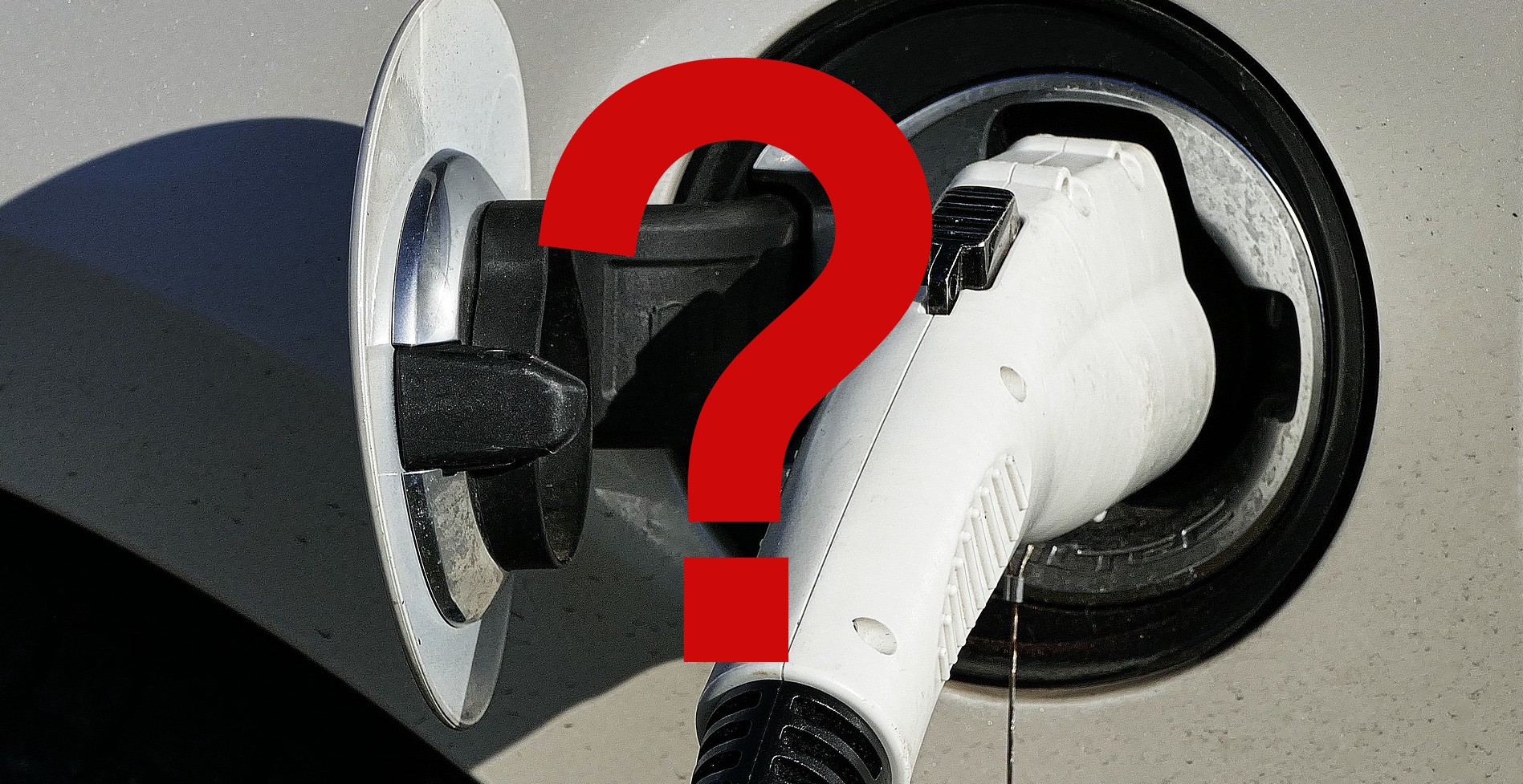Consumers continue to lack confidence in the future mobility technologies that automakers are eager to bring to market, giving a general wave-off to automakers’ plans for self-driving and the battery electric vehicle (BEV).
According to the J.D. Power 2019 Q4 Mobility Confidence Index Study fueled by SurveyMonkey Audience, the Mobility Confidence Index remains 36 (on a 100-point scale) for self-driving vehicles and 55 for battery-electric vehicles for a third consecutive quarter.
“Consumer opinion doesn’t change overnight, especially when it comes to new mobility technologies, but the more consumers are exposed to these technologies, the more the needle might gradually move towards acceptance,” said Kristin Kolodge, executive director of driver interaction & human machine interface research at J.D. Power. “Right now, they simply don’t know enough to fully put their trust in these systems.”
The quarterly study, which will include feedback from Canadian respondents in 2020, is the pulse of market readiness and acceptance for self-driving and battery-electric vehicles (BEV), as seen through the eyes of consumers and industry experts. Sentiment is segmented into three categories: low (0-40), neutral (41-60) and positive (61-100). J.D. Power is joined by global survey software company SurveyMonkey to conduct the study in which more than 6,000 consumers and industry experts were polled about self-driving vehicles and more than 5,000 were polled about battery-electric vehicles.
Following are key findings about self-driving vehicles:
- Mobility Confidence Index remains low for self-driving vehicles: Consumers continue to have a low level of confidence about the future of self-driving vehicles, which is stalled at an overall score of 36 for the third quarter in a row. Additionally, all attributes analyzed in the study largely remain flat, with comfort riding in a self-driving vehicle and comfort with self-driving public transit the lowest-scoring.
- The jury is out on potential traffic safety improvements: Consumers are split about whether traffic safety will be improved with self-driving vehicle technology. The majority (59%) of those who express having “a great deal” of knowledge about self-driving technology believe traffic safety will be better, compared to 55% with “no knowledge at all” who believe it will be worse. One consumer said, “As I see more people engrossed in using their cell phones while driving, I think that self-driving vehicles would actually make driving safer as a whole.” One concern was “[A vehicle’s] computer can’t be programmed for every possible thing that might be encountered and appropriate action taken.” Another noted, “I would like to see a lot more evidence of SAFETY!”
- Knowledge about self-driving vehicles affects purchase consideration: Only 11% of survey respondents express they are “extremely likely” to purchase or lease a self-driving vehicle. The results vary widely based on respondents’ self-reported knowledge level on the subject. Of those stating they know “a great deal” about self-driving vehicles, 32% are “extremely likely” to purchase or lease one; of those stating they know “nothing at all”, the likelihood drops to 3%.
“Knowledge is power,” Kolodge said. “There is an association between self-reported knowledge level of self-driving vehicles and likelihood to purchase. Undoubtedly, it is critical for consumers to gain experience even through lower levels of automation.”
Following are key findings about battery-electric vehicles:
- Mobility Confidence Index remains neutral for battery-electric vehicles: With an overall score of 55 for a third straight quarter, confidence about the future of battery-electric vehicles remains neutral. Attributes scoring lowest include likelihood of purchasing an electric vehicle and reliability of electric compared to gas-powered vehicles.
- Prospects for battery-electric vehicles (BEV) improving, say experts: According to industry experts, prospects for the BEV have improved over the past three months. New product announcements and battery development are positive drivers for this improvement. “[There are] more entries into the market that are better and are actually vehicles customers want to drive—from brands they trust,” said one expert. Infrastructure and cost to produce have risen to the top challenges for battery-electric vehicles over the past three months.
“For automakers it is critical that the coming wave of new products stimulates new consumer demand,” Kolodge said. “Otherwise, too many products will continue to chase too few customers, which will be financially disastrous for many automakers.”
“This data should be alarming to automakers, who have work to do in informing and persuading consumers to accept self-driving vehicles,” says Jon Cohen, chief research officer at SurveyMonkey. “Only 32% of consumers say they know a great deal or a fair amount about self-driving vehicles. And only 18% say they are extremely or very comfortable riding in a self-driving vehicle. The same percentage say they are extremely or very comfortable being on the road with others using self-driving vehicles.”
Visit www.jdpower.com


0 Comments